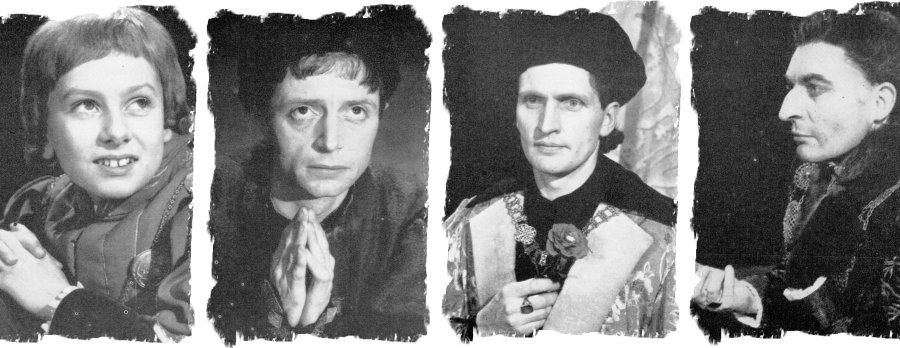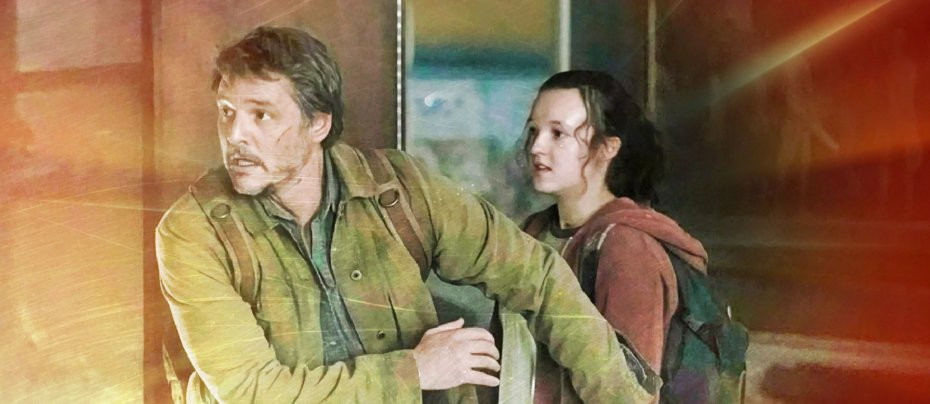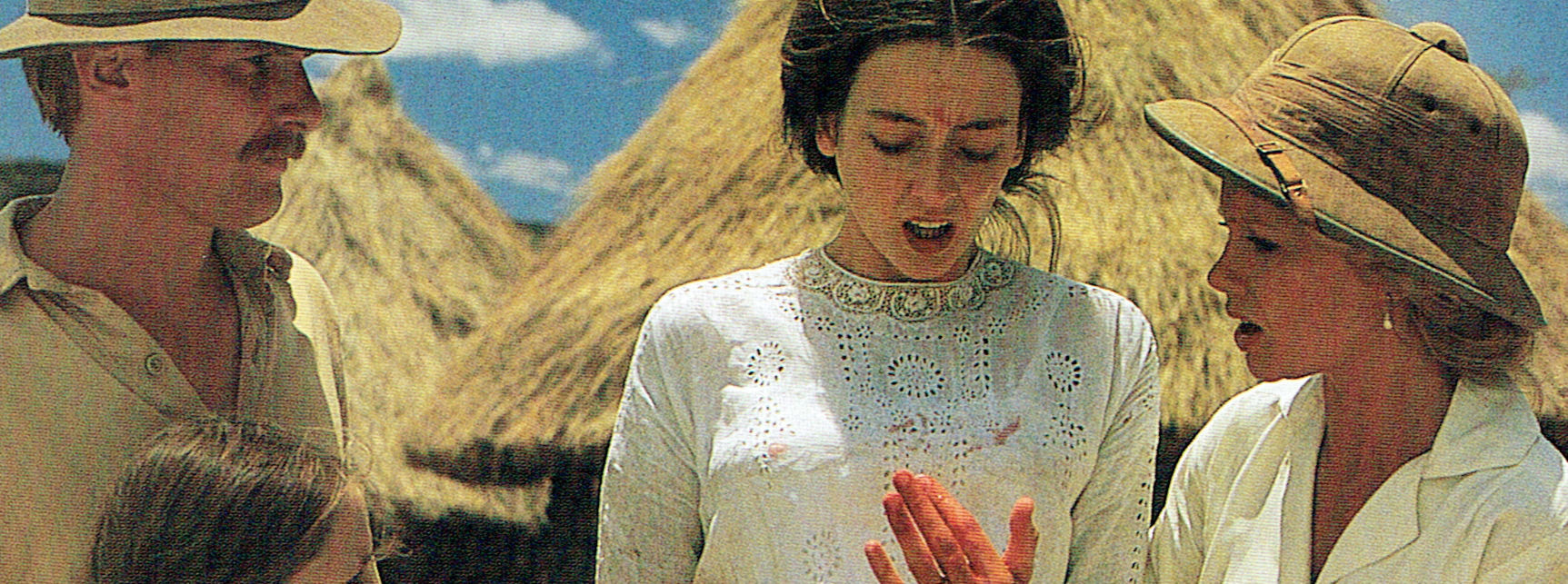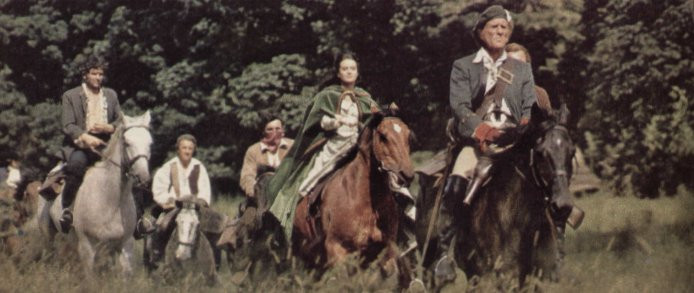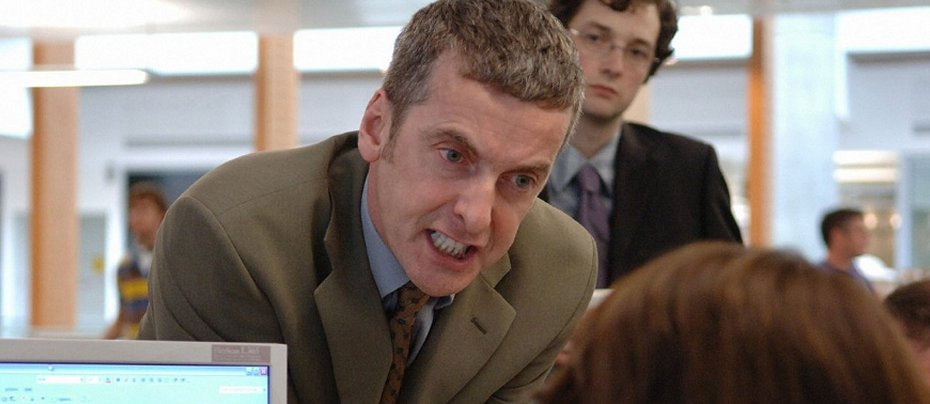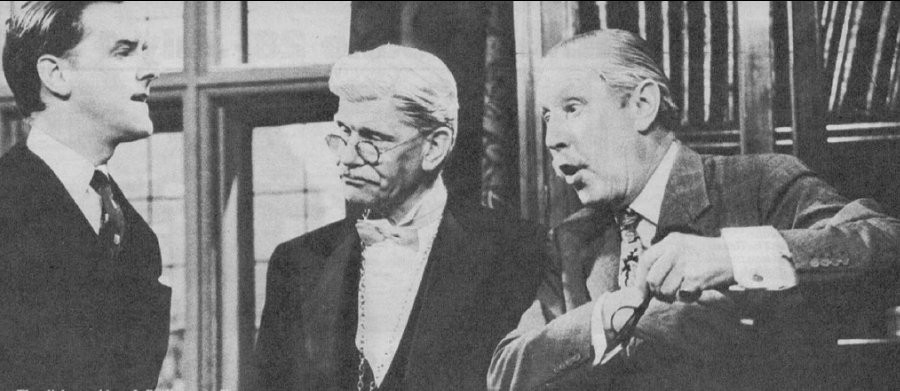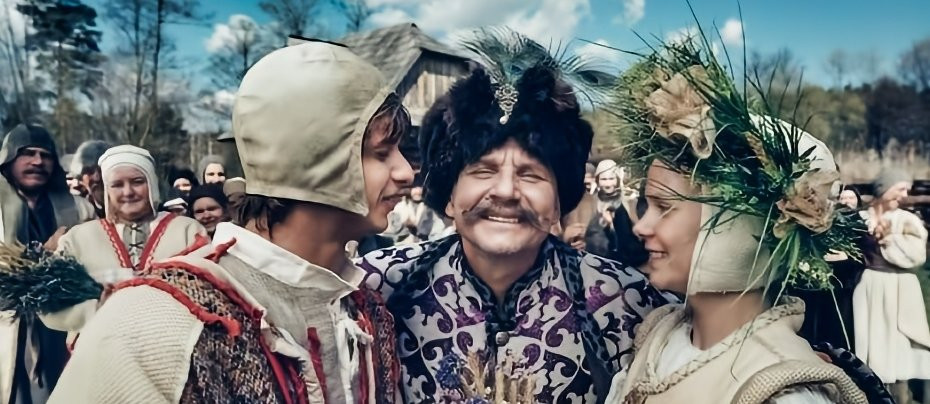
1670
2023 - PolandReview by John Winterson Richards
The words "Polish" and "comedy" are rarely found in the same sentence, at least outside Poland, and adding the word "historical" does not make the concept much more accessible. So it is perhaps a little surprising that a Polish historical comedy is one of the wittiest and best produced shows on Netflix.
However, although 1670 has been a critical hit in its native land, humour rarely travels well across borders, so some knowledge of the historical and political context may be necessary to appreciate it properly. The year 1670 was evidently chosen as the setting and title of the historical comedy because it represents Poland at a nadir, especially compared with the glorious period that preceded it
...and was destined to follow it - because Poland's Finest Hour was to occur only a few years later, when King Jan Sobieski led the Poles to the Relief of the Siege of Vienna in 1683. This culminated in what may have been the biggest cavalry charge in history, the model for the Ride of the Rohirrim in The Lord of the Rings, defeating the last great Turkish invasion of Christendom. There is therefore an element of Dad's Army about 1670: yes, these characters are ridiculous but the viewer should not forget that people like this saved Europe.
The Poles remain a fiercely patriotic people, rightly proud of their history. It seems that even those involved in making 1670 thought they might be taking a risk by satirising it in this way. This is where the political context comes in: the show was made and released the same year that the ultra traditionalist Law and Justice Party lost power in a General Election. Although Poland is a relatively conservative country by modern European standards, the entertainment industry tends to be dominated, as it is almost everywhere else, by the other side of the spectrum, the side that opposes the likes of Law and Justice. As is also the case almost everywhere else, the mainstream media critics, the ones who liked 1670, tend to come from that same side of the political spectrum. It is therefore difficult to escape the conclusion that part of the appeal of 1670 to them was that, in satirising the traditionalist view of Polish history, they were also satirising Law and Justice.
The tone of the piece is strongly reminiscent of another Netflix historical comedy Norsemen, which was made in Norway. The central joke in both shows is that historical characters are shown as acting, talking, and thinking in very modern fashion. There is nothing new in this: think of Up Pompeii and the Carry On films - except 1670 takes it a stage further by adopting a modern format as well, the mock documentary or "mockumentary." The main characters reveal their inner thoughts talking to an invisible camera. This works surprisingly well.
It exposes the unconscious vanity and general idiocy of our main protagonist, a minor nobleman called Jan Pawel. Despite being the Lord of no more than half of a poor village, and the smaller part at that, he has set himself the grandiose ambition of becoming the most famous Jan Pawel in the history of Poland. Jan Pawel is, of course, Polish for John Paul.
Jan Pawel, played with a wonderful blend of pomposity and what the character thinks is cunning by Bartlomiej Topa, is a classic comedic trope, the stupid man who does not realise how stupid he is. An arch reactionary, he confides knowingly in the audience without understanding how everything he says makes him look even more ridiculous.
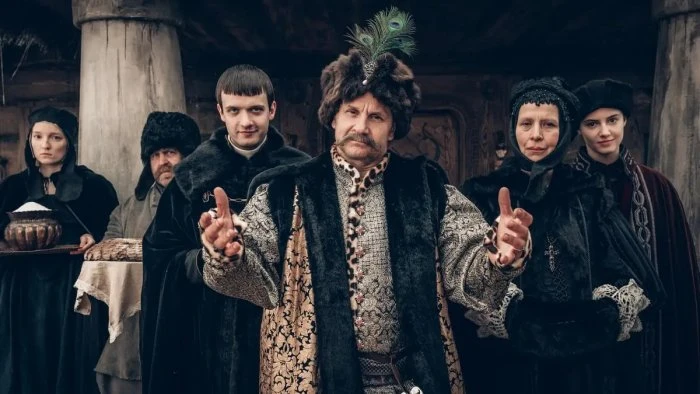
His disappointing eldest son and heir apparent, Stanislaw (Michal Balicki), seems to be interested only in the latest music - yes, he wants to be a Baroque star. It is Jan Pawel's second son, Jakub (Michal Sikorski), who has inherited his father's high ambition. In pursuit of this ambition, Jakub has taken an executive level job at a major corporation with a strong market share in Poland, the Roman Catholic Church. He is helped, and once briefly hindered, in his vocation by a sincere, if not exactly Christian, piety, which seems to consist of telling God what to do, but is exceeded in this by his gloomy mother, Zofia (Katarzyna Herman).
Jan Pawel's wayward daughter Aniela (Martyna Byczkowska) would probably be described as a "social justice warrior" today. Since such a thing would have been impossible in 17th Century Poland, she is the most unreservedly modern character. As such she is also a fair target for satire but it has to be said that 1670 pulls its punches a little with her.

This is definitely not the case with Jan Pawel's brother, Bogdan (Dobromir Dymecki). He is one of the legendary Winged Hussars but his wings are looking distinctly tatty. He has been impoverished by taking part in too many unsuccessful campaigns, but is still looking forward to the next one which he believes will put everything right. Indeed, we know now that he only has to hang on until 1683. Incidentally, the Winged Hussars were not hussars - light cavalry - at all but half-armoured heavy cavalry, the equivalent of knights. Although the famous wings were supposed to be a defence against sabre cuts to the back, they were far too cumbersome, and the real reason to wear them was to scare the manure out of the enemy confronted by a line of them at the charge. As such they must have been very impressive. Worn by a man alone on foot, like poor Bogdan, they serve only to emphasise his fallen dignity.
Jan Pawel's sworn enemy is his neighbour, Andrzej (Andrzej Klak) who is Lord of the other half of the village, the better half. Andrej seems at first more modern and civic minded than Jan Pawel, his practice of sharing the profits of his estates with the peasants making him much richer, but as the show goes on, they seem to have more in common. The point seems to be that their whole class is absurd and the differences between them are only of degree.
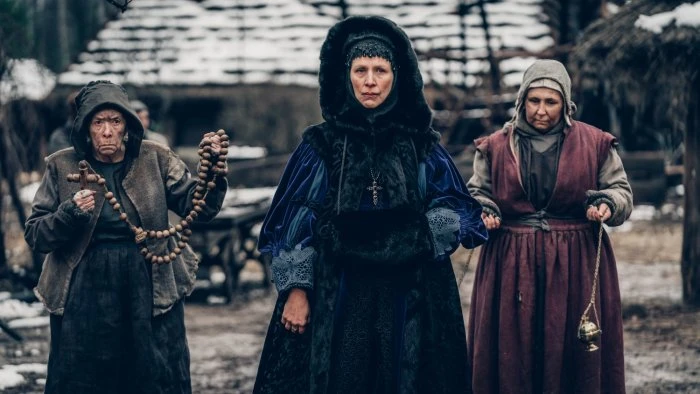
The show was filmed mainly at a Folk Museum, which gives it an air of authenticity, even if one might well assume that 17th Century Poland was not quite as neat and tidy. The costumes, and moustaches, reflect the paintings of the period, as does the delightful soundtrack.
A second season has been commissioned. It will be interesting to see if it can maintain the standard. Each of the eight episodes so far has had a distinct theme, which helps to keep the joke running but it will be more difficult to find themes for future episodes so that there is a danger that it might just repeat what it has done already. That was the basic failing with Norsemen: it stretched its one joke a bit too far. One solution might be if we saw our inward looking Polish nobleman having to interact more with people of other nations of the time. That might also broaden its international appeal. Yet these concerns for the future should not detract from the fact that 1670 is one of the most amusing new shows in any language your jaded reviewer has seen in quite some time.
Seen this show? How do you rate it?
Seen this show? How do you rate it?
Published on April 1st, 2024. Written by John Winterson Richards for Television Heaven.



